Lyme Disease And Digestive Problems
Lyme disease and digestive problems. You can have any combination of symptoms. Unexplained fevers sweats chills or flushing Unexplained weight change--loss or gain Fatigue tiredness poor stamina Unexplained hair loss Swollen glands Sore throat Testicular painpelvic pain. When ingested mycotoxins can induce a host of systemic symptoms like fatigue brain fog digestive issues and pain.
Lyme symptoms can vary widely and mimic other illnesses such as fibromyalgia chronic fatigue syndrome or Alzheimers hence Lymes nickname The Great Imposter. Many people who have Lyme have GI problems and chest pain. In addition many patients with gastrointestinal Lyme disease develop symptoms reminiscent of Sprueceliac disease andor lactose intolerance all of which may improve somewhat when treatment for the underlying infection s is successfully concluded.
Fried MD 9 of the Jersey Shore Medical Center Neptune New Jersey. A collection of articles and research related to Lyme disease and gastrointestinal issues or other problems of the digestive tract. Yes GI problems are my most significant issue from Lymecoinfections.
However that doesnt mean constant bloating and an irritated digestive tract are normal even for those of us living with chronic Lyme disease or another chronic illness. Over 80 of our immune response is located in the stomach. The most common symptoms include headaches neck stiffness facial palsy and peripheral neuropathy.
Below is a Lyme disease symptom list. Small intestinal bacteria overgrowth may be present. Instead these persistent gut symptoms are a sign you may be impacted by a distressing gut problem known as small intestinal bowel overgrowth SIBO.
Their gastrointestinal symptoms included abdominal pain 63 nausea 51 constipation 267 self-reported weight loss 18 vomiting 17 diarrhea 7 and bloating 7. Many people with Lyme Disease symptoms have received negative blood tests for years as they got progressively worse. Adrenal gland deficiency is surprisingly common in Lyme cases.
Lyme Disease and the GI Tract. Below there are herbs recommended by Buhner to help overcome problems with digestion.
Lyme symptoms can vary widely and mimic other illnesses such as fibromyalgia chronic fatigue syndrome or Alzheimers hence Lymes nickname The Great Imposter.
The Borrelia burgdorferi bacteria can permeate the gut in chronic Lyme and cause inflammation symptoms. Lyme disease generally does not affect the GI tract alone according to Martin D. Over 80 of our immune response is located in the stomach. The Lyme spirochete Borrelia burgdorferi can invade the central nervous system causing neuroborreliosis. From nausea to constipation or diarrhea the bacteria infection from Lyme disease can cause some major stomach problems which can be hard to pinpoint the problem. Below there are herbs recommended by Buhner to help overcome problems with digestion. Rather GI disease is typically only one component of a systemic disease. Wednesday July 29 2009 GI Symptoms with Lyme Disease One thing that ropes in with Lyme is multiple types and dimensions of GI gastro-intestinal problems. The study findings suggest that gastrointestinal problems in Lyme disease patients may be the result of an autonomic dysfunction caused by the illness.
Lyme disease generally does not affect the GI tract alone according to Martin D. Below is a Lyme disease symptom list. The study findings suggest that gastrointestinal problems in Lyme disease patients may be the result of an autonomic dysfunction caused by the illness. Pylori are frequently resistant to treatment if Lyme disease is also present in the GI tract. As the Lyme community is sometimes put on long term antibiotics C Diff or Clostridium Difficile has become an issue for many patients. Small intestinal bacteria overgrowth may be present. I have motility problems all the way throughout my gut some nonspecific inflammation small bowel blockage issues problems with muscle coordination and am unable to swallow liquids.
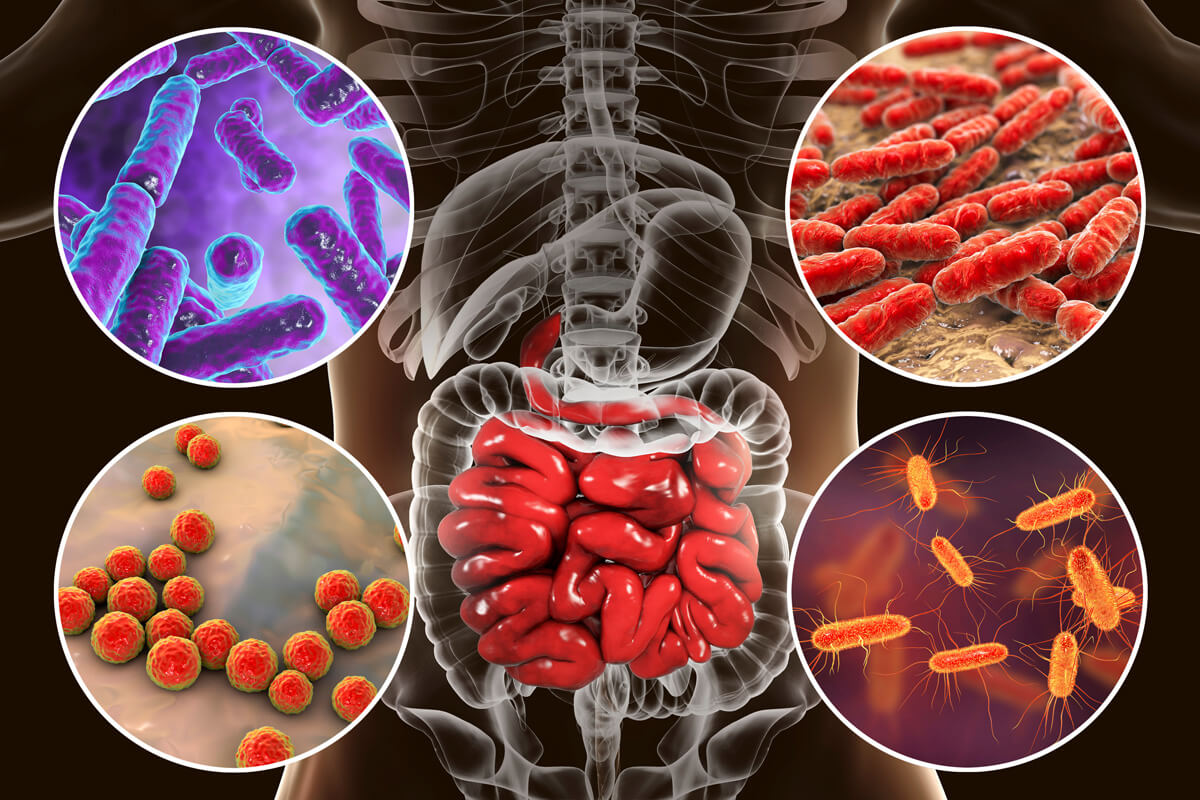





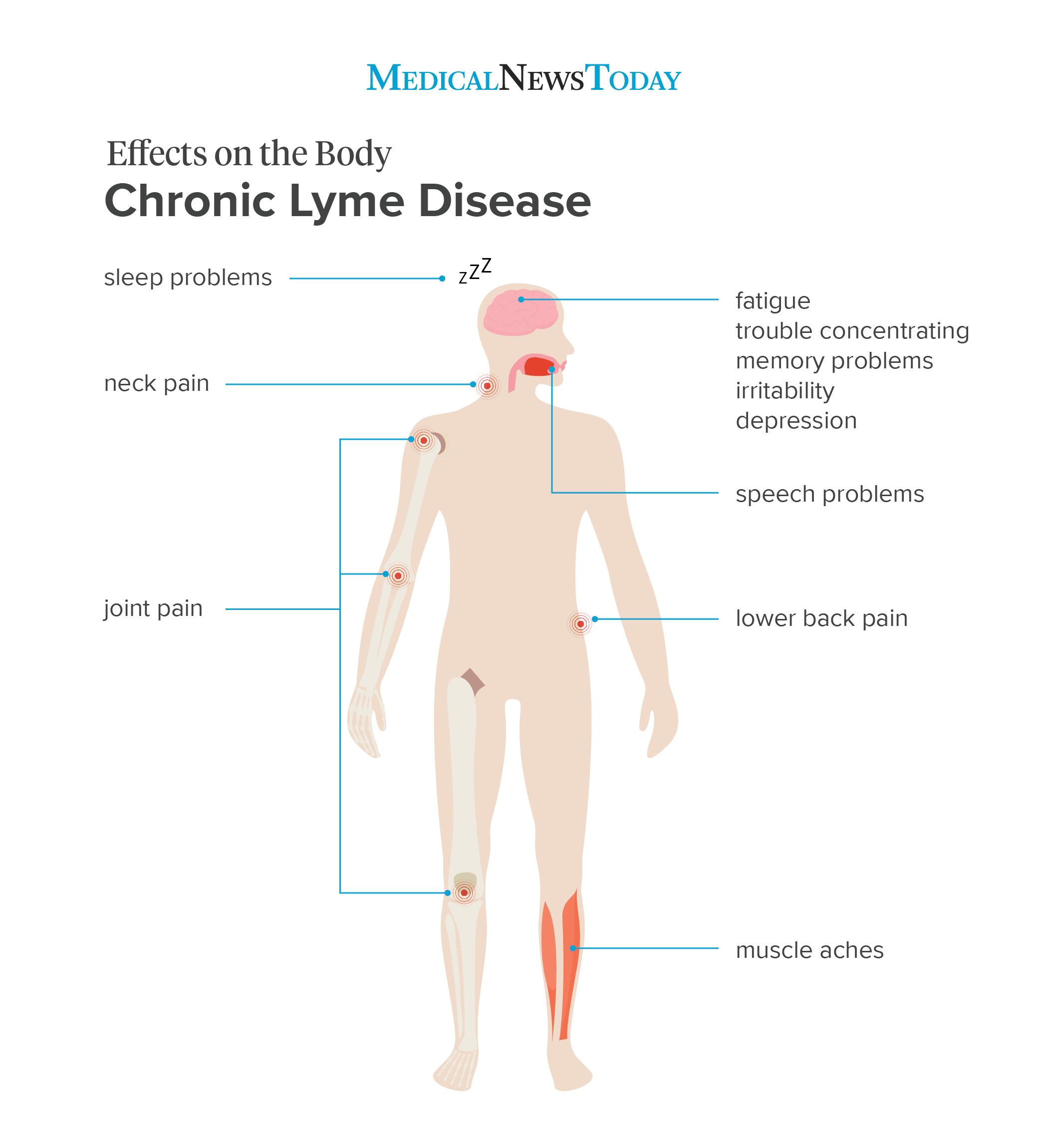











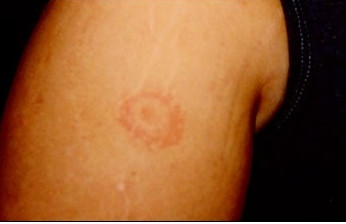





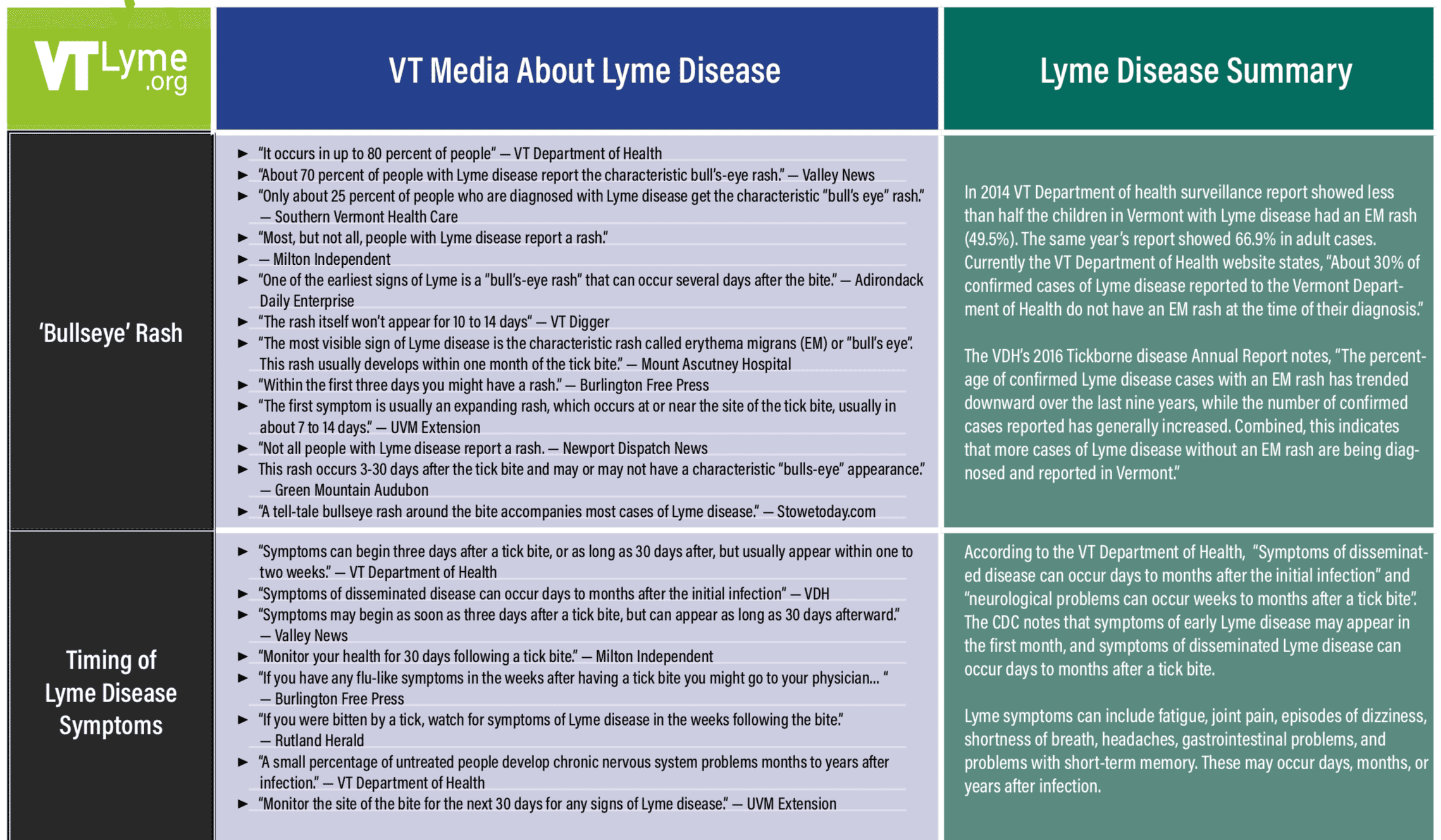







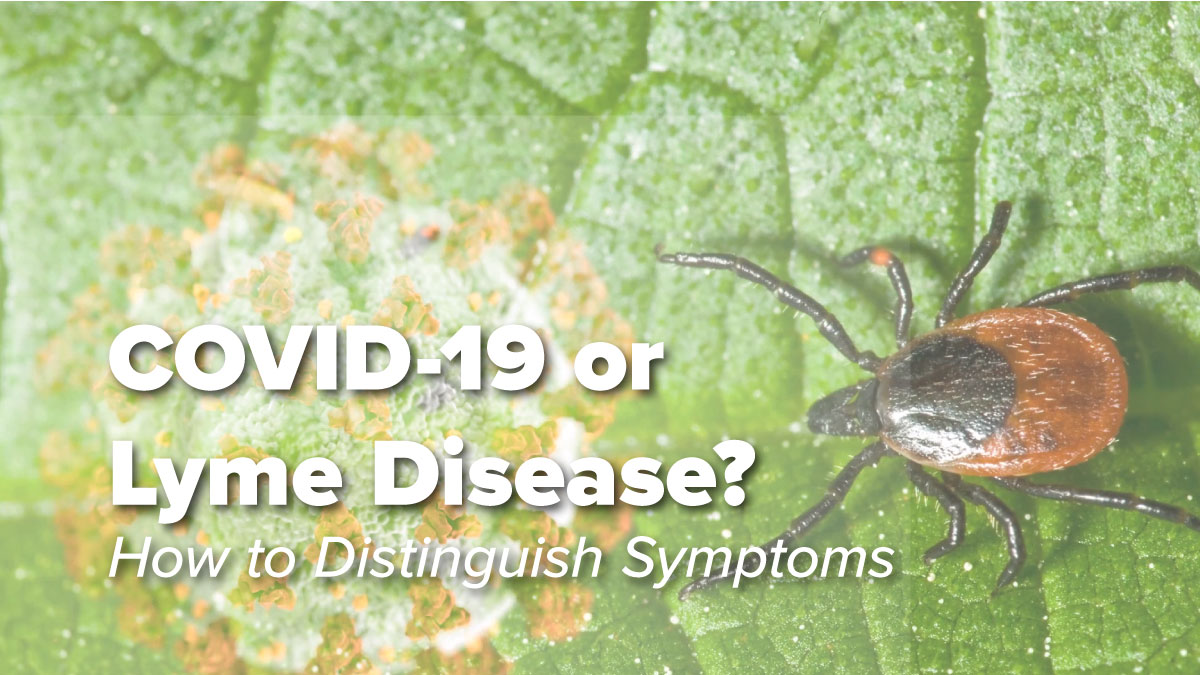










Post a Comment for "Lyme Disease And Digestive Problems"